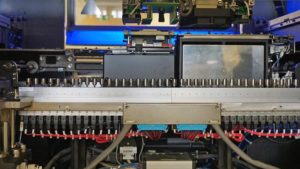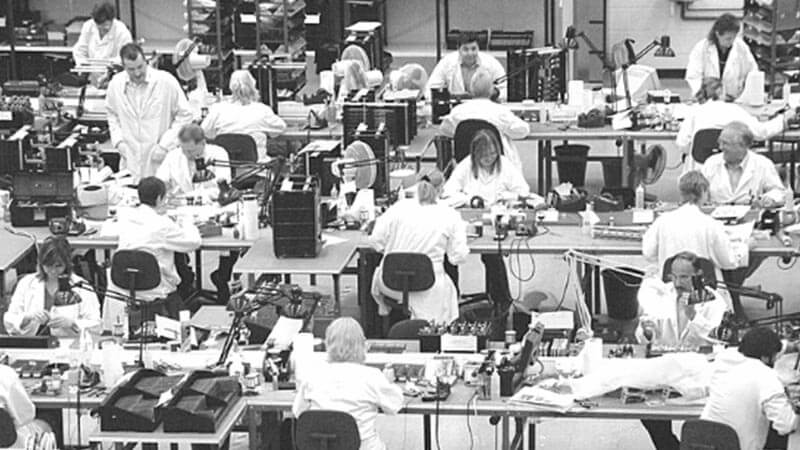The decision to outsource manufacturing can be daunting. Production needs can often be met in-house however, if there is an increase in demand, your organisation may need additional resources. Whether you’re a start-up or an established business, you may want to weigh up a number of factors before you take the leap. We’ve outlined the six main benefits to outsourcing manufacturing below:
1. Flexibility
If you experience a surge in orders for a particular product you may require additional resources to keep up with demand.
A contract manufacturer will often have more production capacity and be able respond quickly, supporting existing in-house manufacturing efforts and helping to fulfil orders without increasing direct labour costs.
It may be counter-intuitive, but larger manufacturing operations running high mix, often have more options for flex.
2. Expertise
Outsourcing manufacturing will allow you to take advantage of specialised contractors’ industry expertise and innovation. Typically they will take a strategic approach to your existing processes, recording your activity and suggesting ways in which to standardise production, improve accountability and increase efficiency.
A mid-size OEM might introduce 10 or 20 prototype designs in a year, whereas an EMS could deliver up to 500. This creates exposure to a vast range of technology, which demands a significant upscale of capability, systems and processes.
3. Scale
Mid-size OEM in-house manufacturing operations might support 20 different products totalling £2-3m in manufacturing costs. However, an EMS of scale can support 1000-2000 different assemblies totalling £20-50m in value.
This means an EMS organisation has ample justification to invest in the very latest of high-speed, automated equipment, which is often beyond the reach or justification of an individual customer.
Of course, the equipment is just half the story, as scalability also brings opportunities for sophisticated high-operational efficiency processes across the delivery of high volumes.
4. Cost
Outsourcing can provide significant savings on associated manufacturing costs including quality control, utilities, shipping, material handlers and equipment technicians.
Material spend is another significant factor. Consolidating several OEM material spends at an EMS creates a x10- x100-fold increase in spending power, providing direct access to global manufacturing channels and cutting out the proverbial ‘middle man’. This means EMS partners can overcome minimum order quantity (MOQ) restrictions, and access the very best price breaks.
Also, larger EMS material spending power means that components can be sourced in machine-friendly formats which increase automation and traceability, further enhancing product integrity and overall performance.
5. Efficiency
Your core competency as a business may not necessarily be manufacturing, in which case, outsourcing this non-core activity will help you to focus on what you do best so that you can increase revenue and profit.
6. Quality
International standards usually ensure that every aspect of the contract manufacturer’s business is well-run and subject to high quality control. OEM in-house manufacturing staff, though competent in many areas, may lack knowledge of the latest systems and technology needed to deliver the standards you require on a larger scale. Outsourcing to a partner with the capability and most up-to-date equipment will improve the final output, increase efficiencies and reduce costs in the long-term.

The key is to find a contract partner with the skills and knowledge to streamline your existing processes; enabling greater efficiencies and providing scalable solutions. Chemigraphic is adept at working with businesses to formalise the manufacturing process, eliminate inconsistencies and introduce product standardisation.
Read on for a detailed example of how Chemigraphic enabled Hydro, a leading provider of hi-tech water management solutions, to transition from self-manufacture to a sophisticated process-led approach.
